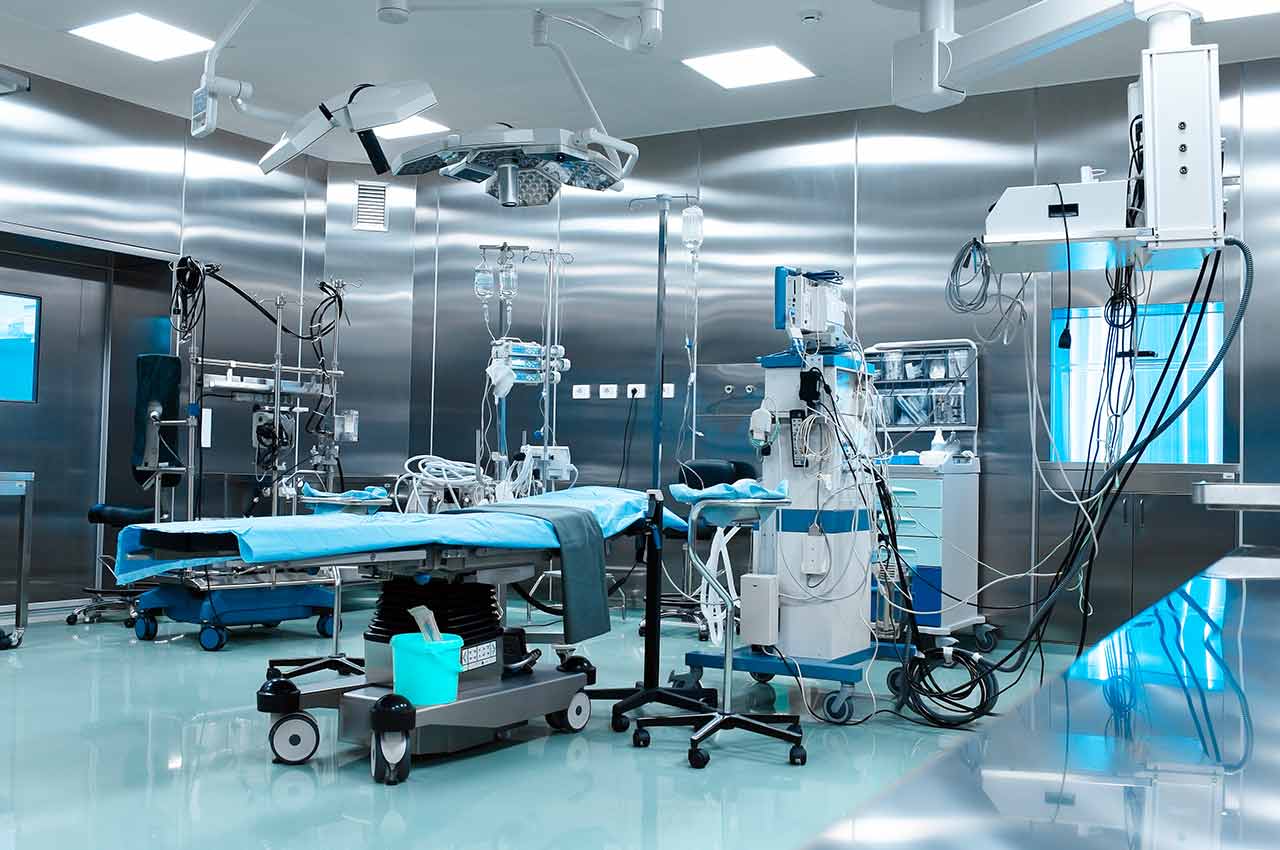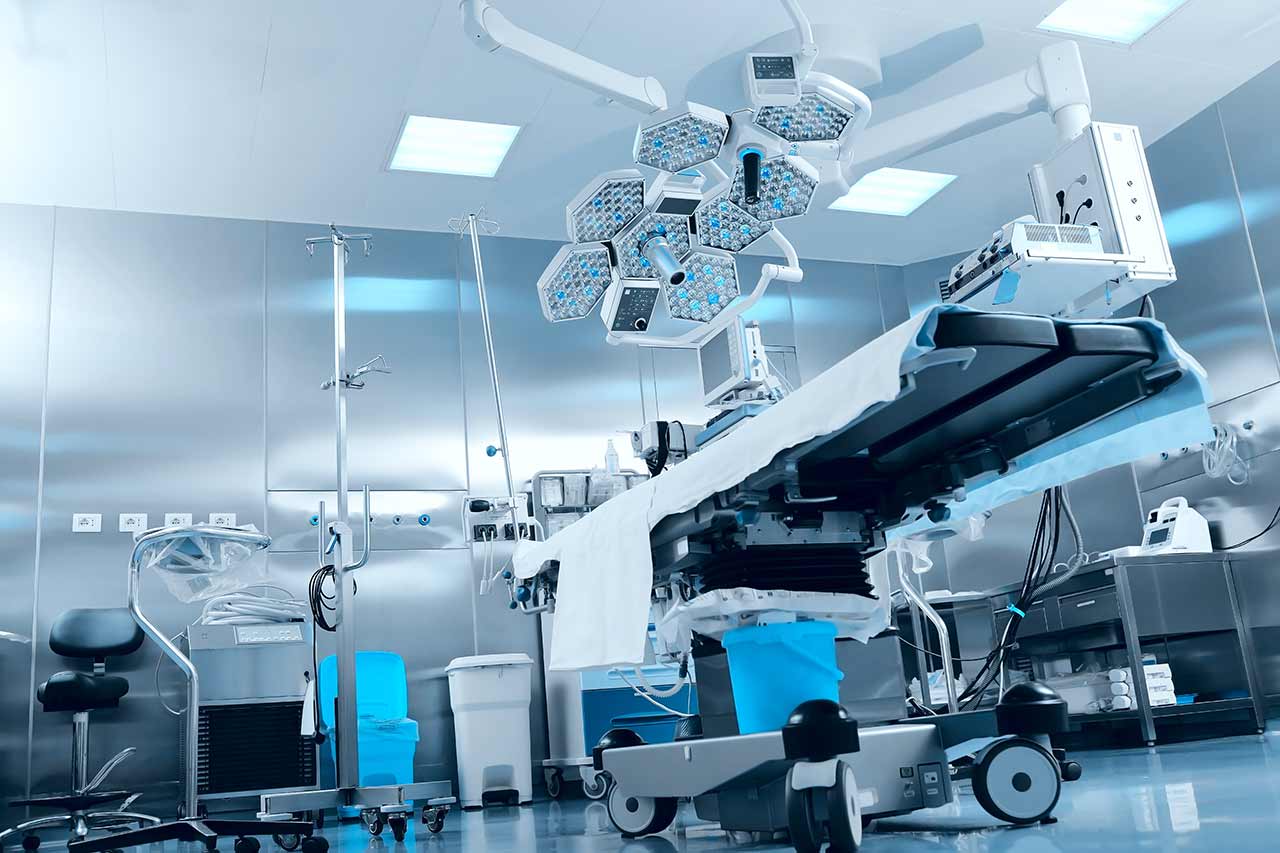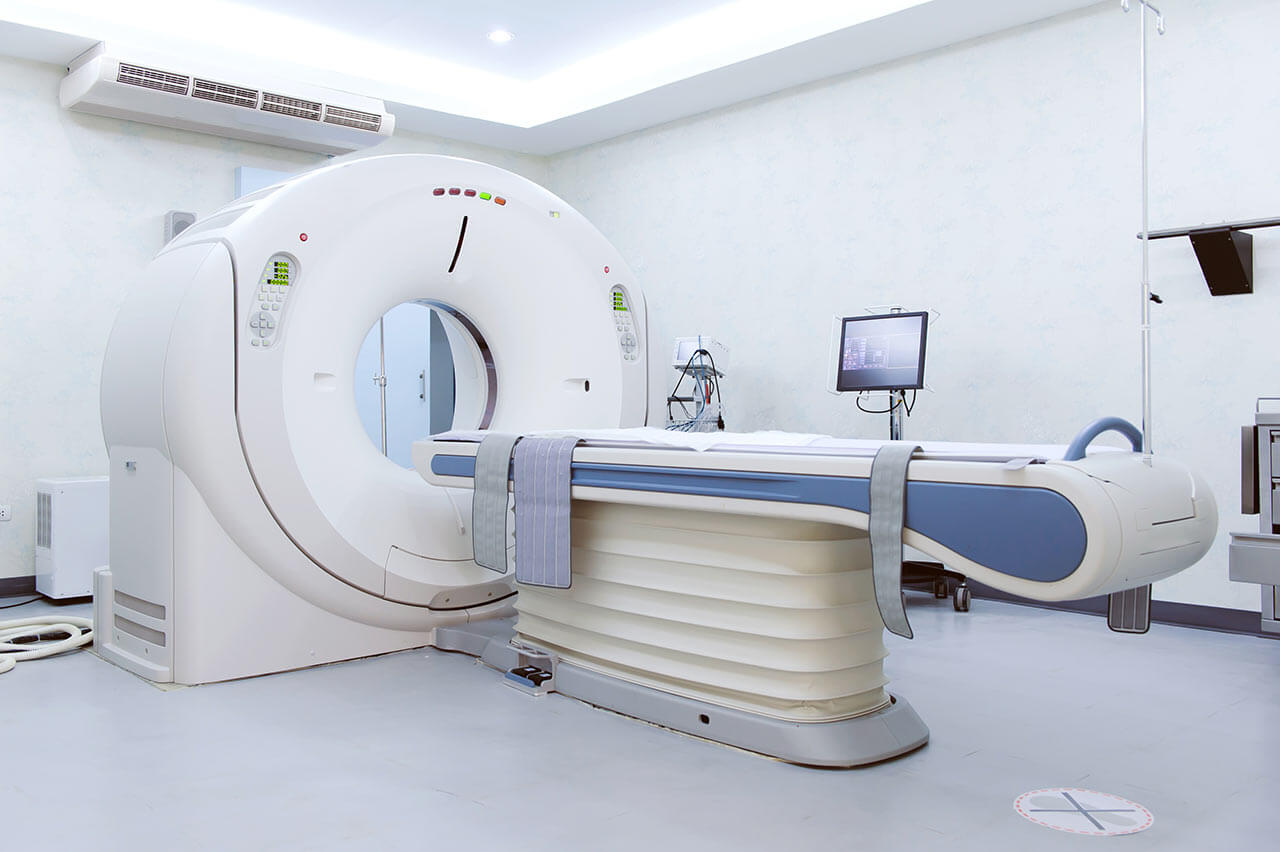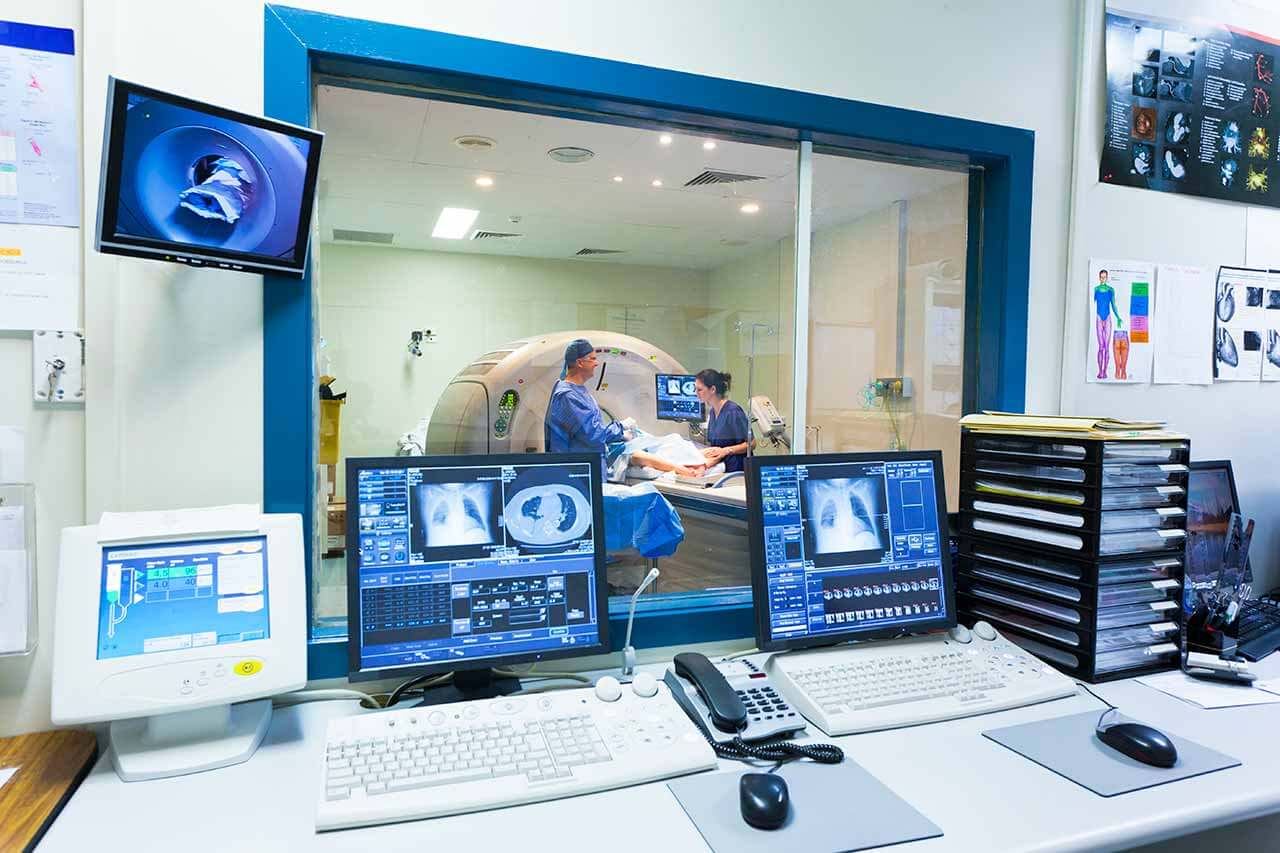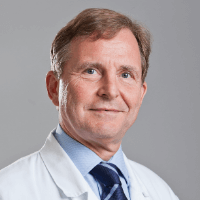
The program includes:
- Initial presentation in the clinic
- clinical history taking
- review of medical records
- physical examination
- laboratory tests:
- complete blood count
- general urine analysis
- biochemical blood test
- inflammation markers (CRP, ESR)
- blood coagulation analysis (aPTT, PT, INR)
- neurological examination
- functional X-ray of the head and neck
- electrophysiology study (if indicated clinically):
- ENMG (electroneuromyography)
- EEG (electroencephalography)
- SEPs (somatosensory evoked potentials)
- VEPs (visually evoked potentials)
- BAEP tests (brainstem auditory evoked potentials)
- CT/MRI scan of the head and neck
(if indicated clinically, additional cost is 650/1200€) - nursing services
- consultation of related specialists
- treatment by chief physician and all leading experts
- explanation of individual treatment plan
Required documents
- Medical records
Service
You may also book:
 BookingHealth Price from:
BookingHealth Price from:
About the department
According to the Focus magazine, the Department of Neurology at the University Hospital Frankfurt am Main ranks among the top German medical facilities specializing in the treatment of multiple sclerosis and Parkinson's disease!
The department offers the full service range for the diagnostics and conservative treatment of diseases of the nervous system. Patient care is provided both on an outpatient and inpatient basis. Of particular interest is the treatment of movement disorders, epilepsy, neuro-oncological pathologies, stroke and other diseases. The department employs highly qualified doctors who do not only guarantee the most effective treatment, but also surround the patient with care, demonstrate respectful attitude and appreciate the needs of each patient. The department is headed by Prof. Dr. med. Helmuth Steinmetz.
The department includes the Section of Neuropsychology, which studies functions of the nervous system, such as attention, memory, critical thinking, emotional state and behavior. Thus, the specialists in this field complement the diagnostic picture by providing an analysis of all aspects of the patient's mental health. In the course of diagnostics, the doctors apply standard methods approved by the German Society of Neuropsychology.
The service range of the department includes:
- Diagnostics and treatment of motor disorders
- Comprehensive diagnostics of motor disorders of unknown origin
- Comprehensive examinations to confirm the diagnosis (levodopa test, apomorphine test, imaging examinations, tremor analysis, cerebrospinal fluid puncture, genetic testing, etc.)
- Comprehensive treatment of Parkinson's disease, tremor, dystonia and ataxia (in particular, drug therapy)
- Interventional therapy for Parkinson's disease and dystonia (for example, deep brain stimulation, apomorphine pump, duodenal levodopa probes, botulinum toxin therapy)
- Follow-up care and monitoring of treatment success
- Diagnostics and treatment of multiple sclerosis (certification of the German Multiple Sclerosis Society)
- Diagnostics and treatment of sleep disorders
- Insomnia
- Daytime tiredness and somnolence (hypersomnia)
- Narcolepsy
- Sleep disorders (parasomnias) and tendency to nocturnal epilepsy (in collaboration with special epilepsy counselor)
- Involuntary leg movements during sleep and restless legs syndrome
- Sleep-related breathing disorders (for example, obstructive sleep apnea)
- Additional diagnostics: monitoring of respiratory and movement disorders in sleep, EEG, provocative EEG, neuropsychological tests
- Polysomnography and/or long-term EEG-video monitoring in the EEG-Video Monitoring Unit (within the certified Sleep Laboratory)
- Optimization of therapy, the use of new drugs in clinical trials
- Refusal to take sleeping drugs in long-term period
- Diagnostics and treatment of neuromuscular diseases
- Muscular dystrophies
- Muscular diseases due to metabolic disorders (metabolic and endocrine myopathies)
- Inflammatory muscle diseases (myositis)
- Myasthenia
- Diagnostics and treatment of cerebrovascular pathologies
- Diagnostics and treatment of various types of dementia and cognitive disorders
- Deep brain stimulation in:
- Progressive Parkinson's disease with severe movement disorders
- Severe focal or generalized dystonias
- Severe tremor
- Botulinum toxin therapy in:
- Focal, segmental and generalized dystonia (especially blepharospasm, convulsions) and facial hemispasm
- Local spasticity of the limbs
- Local excessive sweating (hyperhidrosis)
- Severe refractory dystonia
- Diagnostics and treatment of epilepsy
- Diagnostics and treatment of stroke
- Diagnostics and treatment of oncopathologies of the nervous system
- Intensive care
- Other diagnostic and therapeutic services
Photo of the doctor: (c) Universitätsklinikum Frankfurt
About hospital
According to the reputable Focus magazine, the University Hospital Frankfurt am Main ranks among the top German medical facilities!
The hospital was founded in 1914 and today is a well-known German medical facility, which combines rich traditions and scientific innovations. A medical team of more than 6,500 employees cares about the health of patients around the clock, ensuring them with the highest standards of medical care and best possible safety.
The hospital has 32 specialized departments and more than 20 research institutes, which have all the necessary resources for the provision of the most effective care for any patient. The hospital has 1,488 beds for inpatient medical care. The medical facility diagnoses and treats more than 51,000 inpatients and about 44,800 outpatients every year. Due to the demonstration of outstanding treatment results, the number of patients seeking medical care here increases significantly annually.
The hospital presents all areas of modern medicine, whereas its special competence lies in neuroscience, oncology, cardiovascular medicine, cardiac surgery and other fields. Many treatment methods available here are unique not only in Europe, but also internationally.
Photo: (c) depositphotos
Accommodation in hospital
Patients rooms
The patients of the University Hospital Frankfurt am Main live in comfortable rooms made in modern design and meeting the highest standards of European medicine. Each room is equipped with an ensuite bathroom with a toilet and a shower. The standard room includes a comfortable, automatically adjustable bed, a bedside table, a wardrobe, a table and chairs for receiving visitors and a TV. If desired, patients can use Wi-Fi. The patients can also stay in the enhanced-comfort rooms.
Meals and Menus
The patient and his accompanying person have a daily choice of three menus. If for any reason you do not eat all the food, you will be offered an individual menu. Please inform the medical staff about your dietary preferences prior to the treatment.
Further details
Standard rooms include:
Religion
Religious services are available upon request.
Accompanying person
During the inpatient program, an accompanying person may stay with you in a patient room or in a hotel of your choice.
Hotel
During the outpatient program, you may stay in a hotel of your choice. Managers will help you choose the most suitable options.
